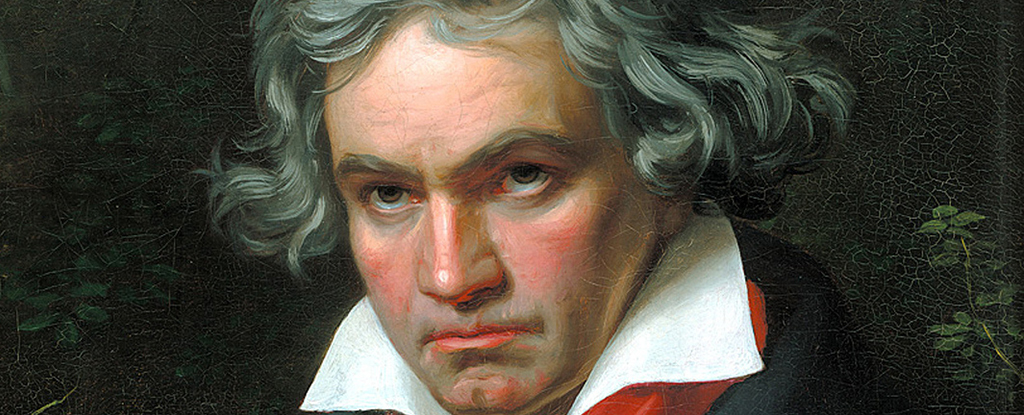A new study published in Clinical Chemistry sheds new light on the health problems and death of the famous German composer Ludwig van Beethoven, contradicting the long-held belief that he died of lead poisoning.
Using advanced genomic sequencing technologies, the researchers discovered that Beethoven probably succumbed to a liver disease exacerbated by hepatitis B, aggravated by his alcohol consumption and genetic predispositions, points out Science Alert.
Beethoven's death on a stormy day, marked by iteritis, is now understood in the context of his complex health problems, which also included severe gastrointestinal problems and progressive hearing loss. Despite these ailments, Beethoven's ability to compose revered orchestral symphonies, even when he lost his hearing and withdrew from public performances, remains a testament to his resilience and genius.
Further information was obtained through the analysis of two authenticated locks of Beethoven's hair, known as the Bermann and Halm-Thayer locks.
This analysis was carried out by Nader Rifai, a pathologist at Harvard Medical School, and his team, who applied mass spectrometry techniques to measure traces of lead, arsenic and mercury in the strands.
The researchers found unusually high concentrations of these metals, with lead levels in the hair samples being 64 to 95 times higher than typical levels in healthy individuals.
Despite these results, the research team concluded that although exposure to lead contributed to Beethoven's various health problems, it was not the sole or direct cause of his death. The levels identified, ranging from 69 to 71 micrograms per deciliter in the estimated concentration of lead in the blood, were high enough to potentially cause his gastrointestinal and hearing problems, but were not fatal on their own.
The study also explored other factors that could have influenced Beethoven's health, including genetic markers linked to lupus, which could explain part of his hearing loss, and speculated on the possibility of otosclerosis, a disease that can cause the bones in the middle ear to fuse together. However, the genetic causes of otosclerosis remain undiscovered, leaving room for further research.








